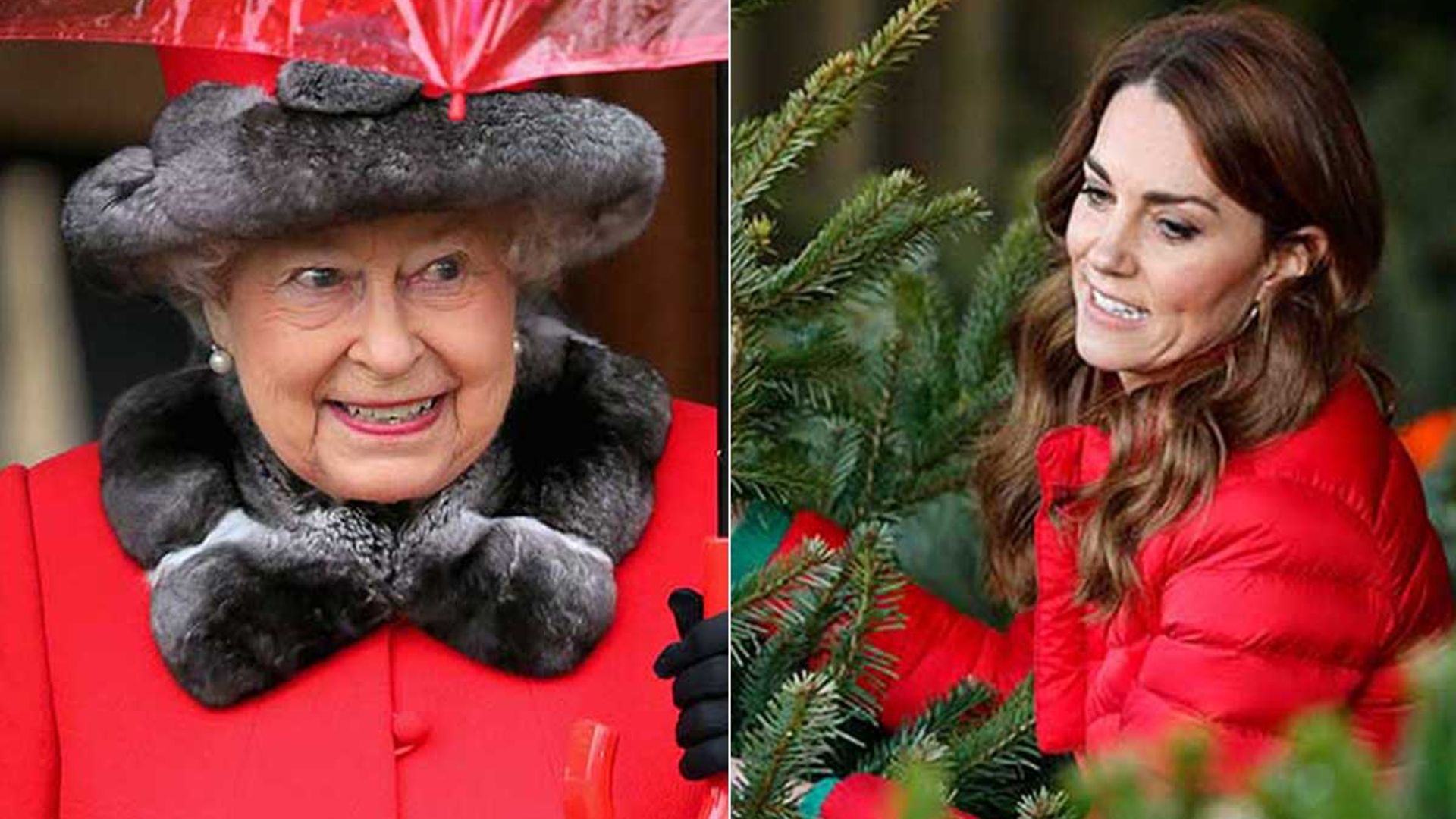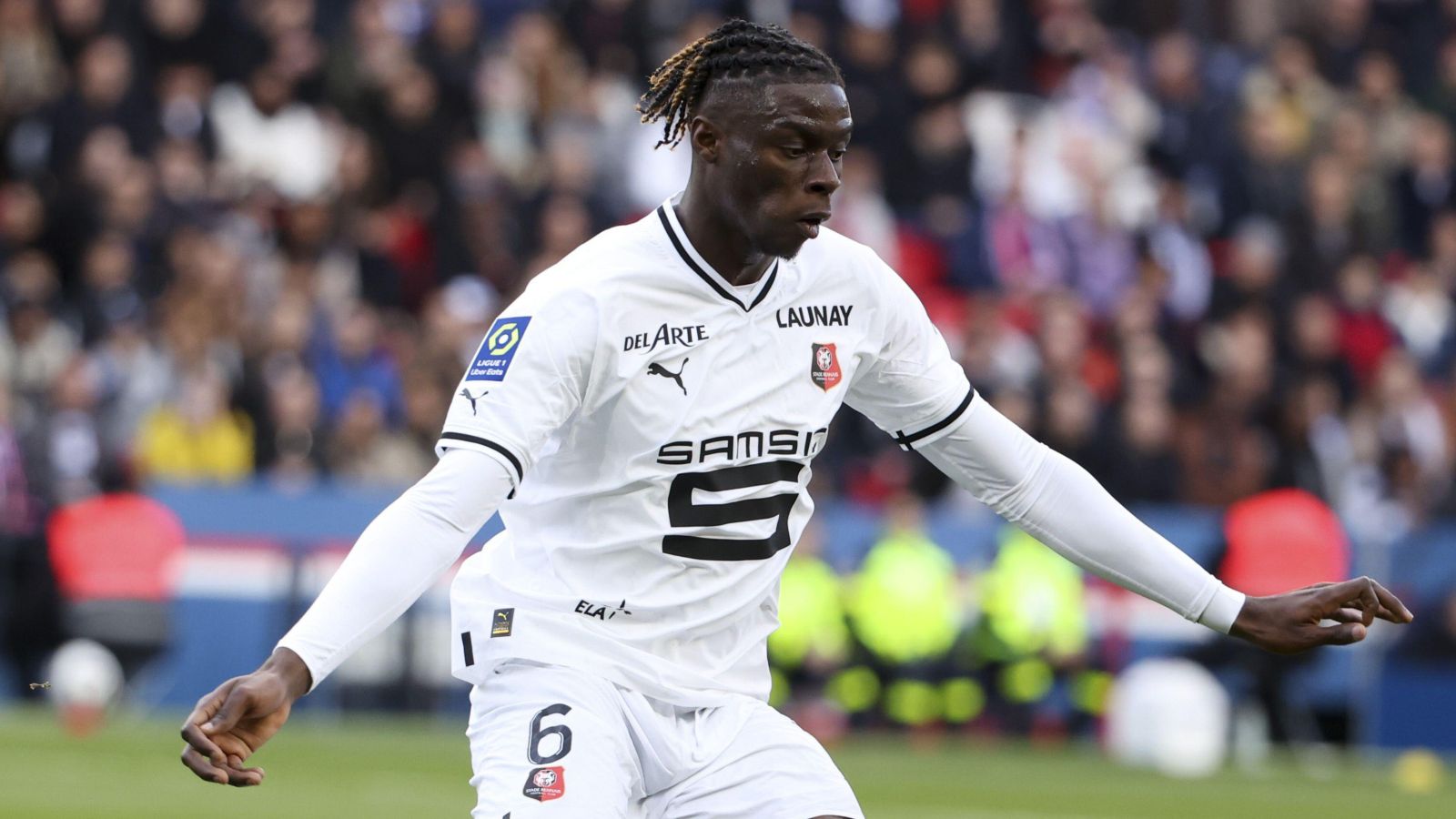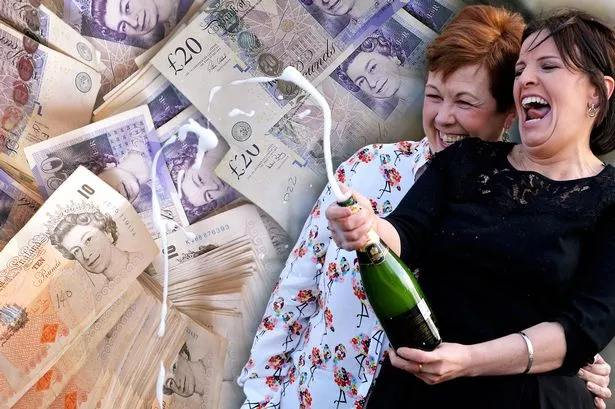Why Does King Charles III Celebrate Two Birthdays? A Royal Explanation

Table of Contents
The Tradition of Official Royal Birthdays
The tradition of official royal birthdays dates back centuries, evolving from a practical necessity to a significant cultural event. Originally, royal birthdays were celebrated on the actual date of birth, but the unpredictable British weather often hampered outdoor celebrations, particularly during the colder months. To ensure a grand, public celebration with optimal weather conditions, a secondary, official birthday was introduced. This official date is typically celebrated in the summer months, allowing for more favorable weather and a larger-scale public event.
- Historical Origins: The tradition's precise origins are somewhat murky, but it gained momentum during the reign of King George II. His actual birthday fell in November, but his official birthday celebrations were moved to spring, later shifting to summer.
- Summer Celebrations: The choice of a summer date ensured that the official birthday celebrations could be a grand spectacle, including military parades, Trooping the Colour, and public gatherings.
- Impact of British Weather: The infamous British weather, characterized by its unpredictability, played a crucial role in establishing this tradition. Moving the official celebration to summer ensured better chances of good weather for outdoor events.
- Examples from History:
- Queen Victoria: While her actual birthday was in May, her official birthday was celebrated in June.
- King George VI: Similarly, his official birthday was celebrated in June despite his actual birthdate in December.
- Queen Elizabeth II: Her official birthday was always celebrated in June.
King Charles III's Actual and Official Birthdays: Dates and Significance
King Charles III was born on November 14th. This is his actual birthday, usually marked by more private family celebrations. However, his official birthday is typically observed in June, mirroring the longstanding royal tradition. This official celebration is a much larger public event, a vibrant display of national unity and loyalty.
- Actual Birthday (November 14th): This is a more intimate affair, usually celebrated within the royal family circle.
- Official Birthday (June): This date is typically announced closer to the event, and it features significant public celebrations, including military parades and appearances by other members of the royal family. The public is often invited to participate. The scale and nature of these celebrations are significantly different from the private family event of the actual birthday.
- Public Participation: The official June birthday celebration provides an opportunity for the public to participate actively in celebrating the monarchy, creating a strong sense of national unity and civic pride.
The Continuation of a Royal Tradition
The decision to continue the tradition of an official birthday for King Charles III underscores its enduring significance. It’s a clear demonstration of the monarchy's commitment to maintaining historical customs. While the exact date for King Charles III's official birthday might vary slightly from year to year, the tradition itself is likely to remain, offering a much-anticipated annual public spectacle.
- Maintaining Historical Links: Continuing the tradition reinforces the link between the present monarchy and its rich history. It demonstrates a continuity of practice that resonates with the British public.
- National Celebration: The official birthday celebration functions as a major public event for national celebration, fostering a sense of unity and shared identity.
- Other Royal Family Members: While other members of the royal family don't necessarily have official birthdays in the same way, the tradition of larger summer celebrations is still followed on occasions.
- Benefits of Continuation:
- Strong Public Engagement: Provides opportunities for public involvement in celebrating the monarchy.
- National Unity: Creates a shared national experience, fostering a sense of community.
- Historical Continuity: Upholds a centuries-old tradition, reinforcing the monarchy’s historical significance.
Conclusion: Understanding the Reason Behind King Charles III's Two Birthdays
In summary, King Charles III's two birthdays are a reflection of a long-standing royal tradition born out of practicality and evolved into a significant cultural event. The actual birthday remains a private family affair, while the official summer birthday provides a grand public stage for celebrating the monarchy and fostering a shared sense of national pride. Understanding the distinct nature and significance of each celebration offers a valuable insight into the enduring relationship between the British monarchy and its people. Want to know more about why King Charles III celebrates two birthdays? Explore the rich history of British royal celebrations!

Featured Posts
-
 Carrie Underwoods Actions Towards Taylor Swift Insider Exposes The Details
May 27, 2025
Carrie Underwoods Actions Towards Taylor Swift Insider Exposes The Details
May 27, 2025 -
 Newcastle Vs Chelsea Race To Sign Ligue 1 Star Striker
May 27, 2025
Newcastle Vs Chelsea Race To Sign Ligue 1 Star Striker
May 27, 2025 -
 Usma Athmane Sahbane Quitte La Presidence Un Nouveau Chapitre S Ouvre
May 27, 2025
Usma Athmane Sahbane Quitte La Presidence Un Nouveau Chapitre S Ouvre
May 27, 2025 -
 The Rise And Fall Of Michelle Mone A Tv Story
May 27, 2025
The Rise And Fall Of Michelle Mone A Tv Story
May 27, 2025 -
 Stream 1923 Season 2 Finale Episode 7 Release Date And Viewing Options
May 27, 2025
Stream 1923 Season 2 Finale Episode 7 Release Date And Viewing Options
May 27, 2025
Latest Posts
-
 Kaupallinen Yhteistyoe Lainaa Korkeiden Korkojen Aikana Loeydae Edullisempi Laina Vertailun Avulla
May 28, 2025
Kaupallinen Yhteistyoe Lainaa Korkeiden Korkojen Aikana Loeydae Edullisempi Laina Vertailun Avulla
May 28, 2025 -
 The 202 Million Euromillions Jackpot Is It Time To Play
May 28, 2025
The 202 Million Euromillions Jackpot Is It Time To Play
May 28, 2025 -
 202m Euromillions How To Increase Your Chances Of Winning
May 28, 2025
202m Euromillions How To Increase Your Chances Of Winning
May 28, 2025 -
 Play Euromillions 202m Jackpot Offers Life Changing Wealth
May 28, 2025
Play Euromillions 202m Jackpot Offers Life Changing Wealth
May 28, 2025 -
 Could You Win 202 Million The Euromillions Jackpot Explained
May 28, 2025
Could You Win 202 Million The Euromillions Jackpot Explained
May 28, 2025
